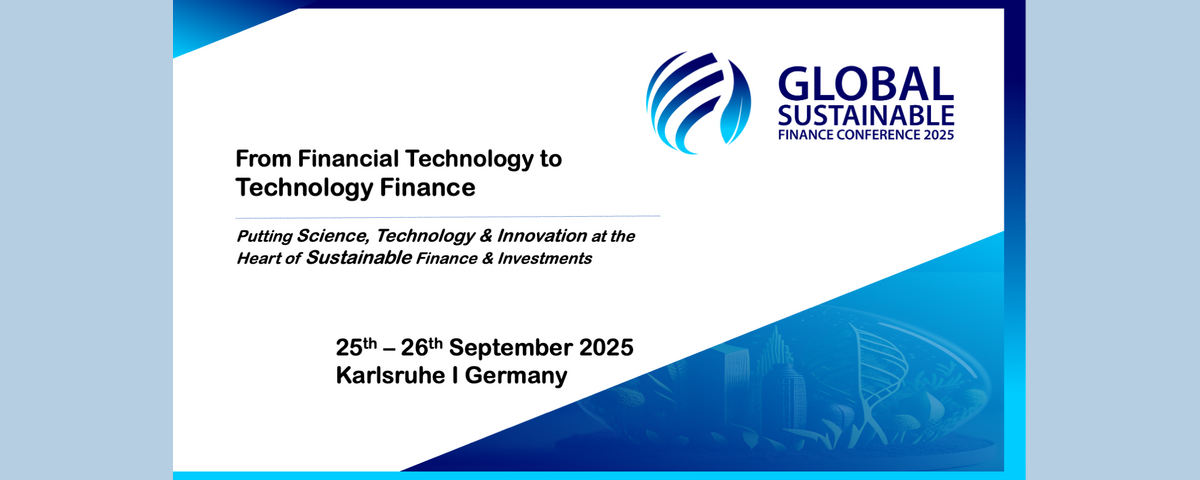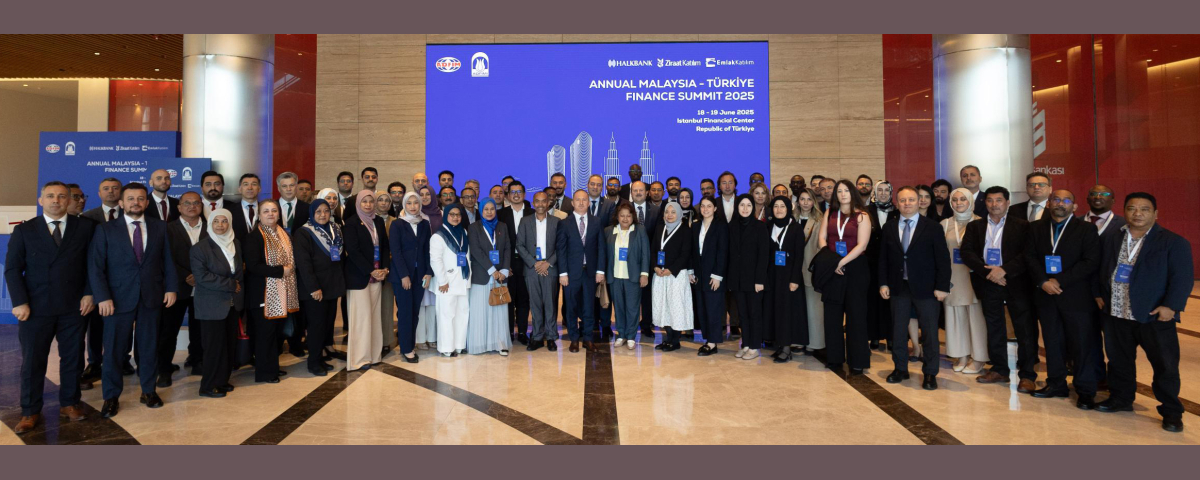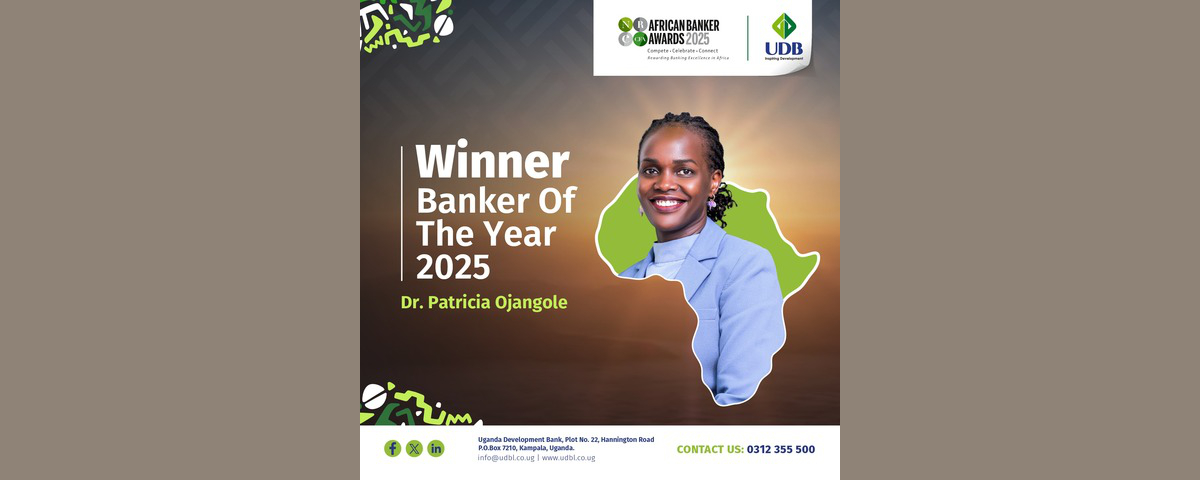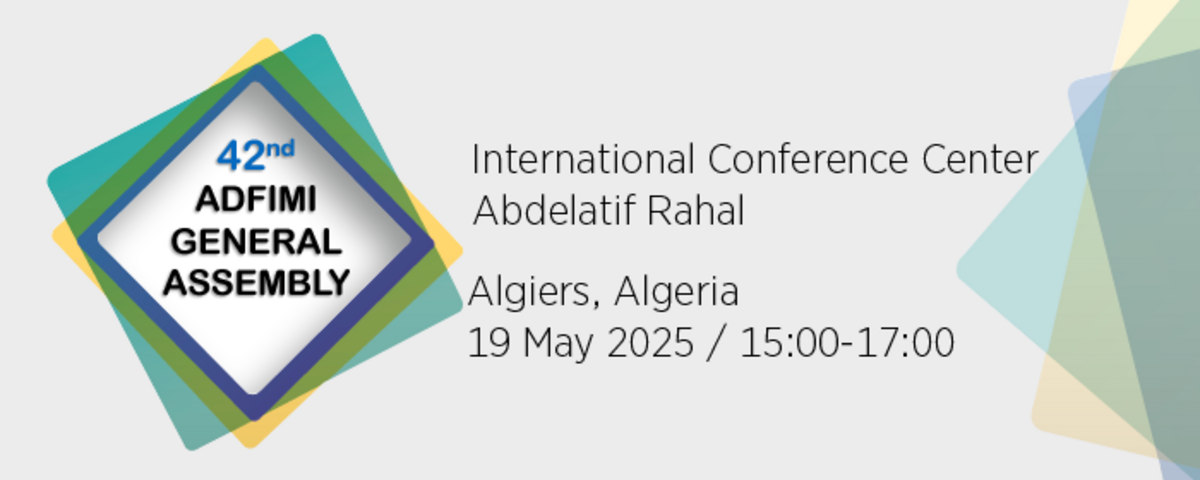ADFIMI-UDBL JOINT WORKSHOP ON ESENTIALS OF ISLAMIC BANKING, KAMPALA, UGANDA, 18-19 APRIL 2017
Background:
Uganda has recently passed legislation in order to develop Islamic Finance in the country. The Banking sector as a result preparing to introduce the Islamic Banking product as one of its product offerings. Uganda Development Bank Limited, an old time member of ADFIMI, has organized a joint seminar on Islamic Banking with a view to enlighten colleagues in banking, legislators, bank regulators, legal bureaus as well as potential users of Islamic Finance. The purpose of the seminar is to equip participants with fundamental principles on Islamic Banking as the market prepares to roll out of the product.
Islamic banking model is different from the conventional model of banking. Whereas charging of interest is at the heart of conventional banking, in Islamic banking model that is not allowed. Instead it shares the profits or losses that accrue, if any, with the clients.
Islamic banking has gained prominence internationally due to its exponential growth and resilience to financial crises.
This is in addition to the nature of Shari’ah-compliant finance models that focus on the principles of investment in real assets and risk-sharing. The Islamic finance model has thus contributed to the spread of real-asset-based finance principles in many jurisdictions and is regarded as an ideal option for the financing of infrastructure projects.
Uganda is late within East Africa, but possesses the key advantage of Islamic Development Bank (IDB) membership. That will easily turn it into the hub for Islamic banking in East Africa by attracting institutional technical support and long term capital from IDB giving it an edge over non-member countries that legalised Islamic banking in East Africa.
In the above context, UDB and ADFIMI have organized the two-day workshop.
Expected Outcome:
An increase inclusive savings and business financing emanating from more people accessing the formal financial system which some have avoided due to its incompatibility with non-negotiable religious dicta.
Islamic banking will allow acceptable savings products that reward risk better through a share of project profits and thus make more finance available for projects with better risk price characteristics.
A small open economy must attract new investment and expand exports to grow. Uganda needs capital for public and private projects. Islamic banking will trigger new investments that will attract job creating foreign direct investment. Foreign capital will ease large and growing current account deficit induced inflationary volatile shilling depreciation pressure through the capital account and directly expand financing and growth of our exports by investing long term and facilitating export trade.
All details and general conditions are given in the attached Aide Memoire.
It is highly recommended to fill in the Application form electronically through ONLINE APPLICATION FORM
(Alternatively You can fill in and e-mail the APPLICATION FORM to [email protected])
Click here for flyer.


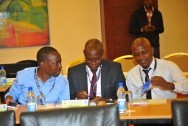
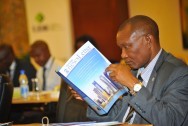
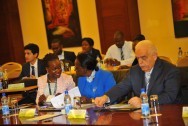
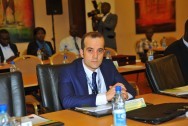
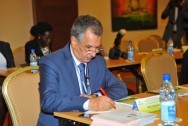
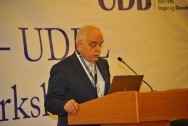
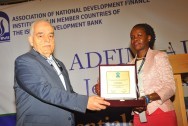
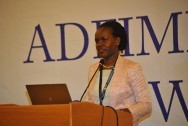
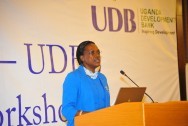
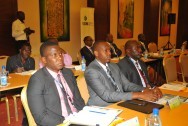
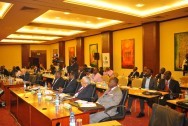
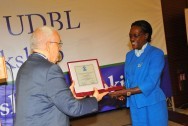
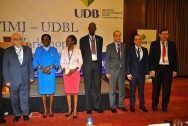
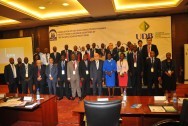
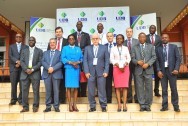
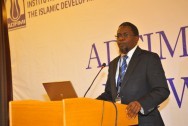
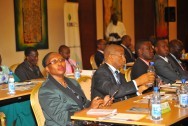
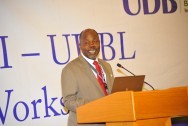
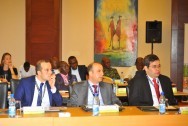
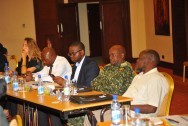
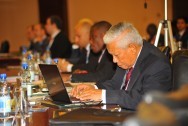
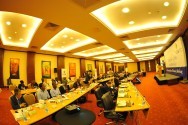
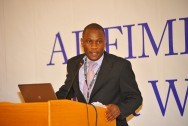
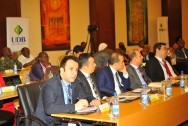
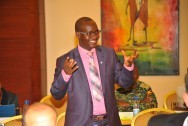
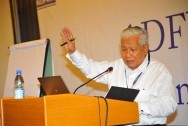
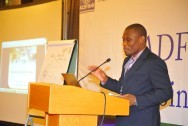
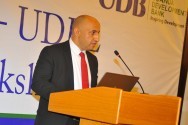
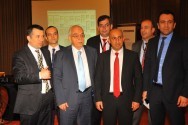
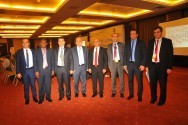
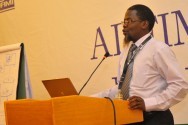
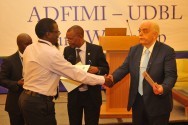
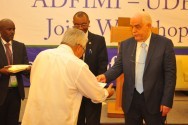
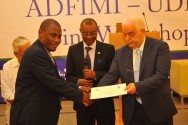
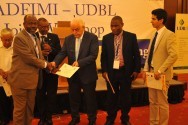
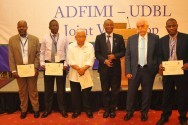
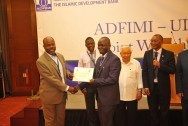
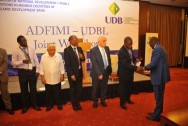
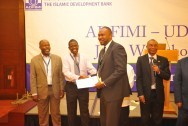
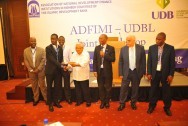
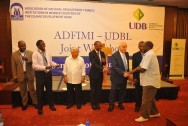
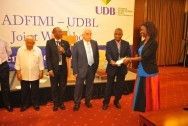
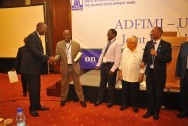
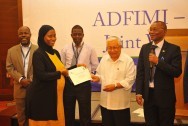

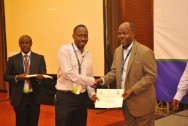
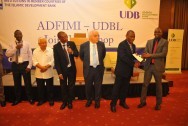
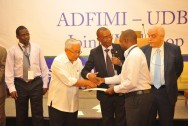

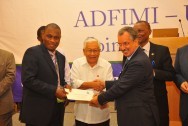
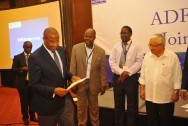
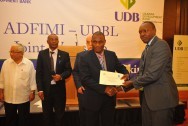
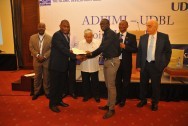

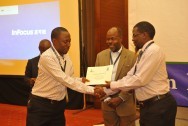
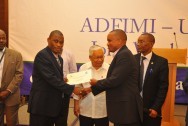
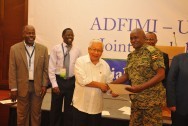
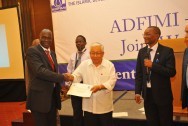
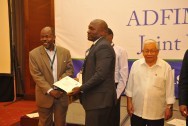
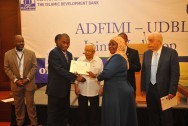

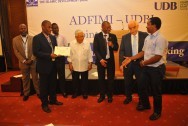
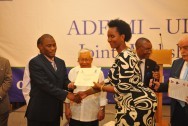
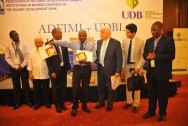
.jpg?id=4_638)
